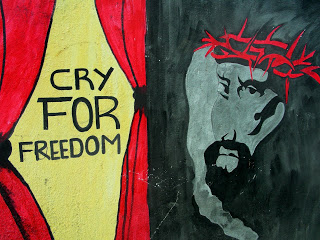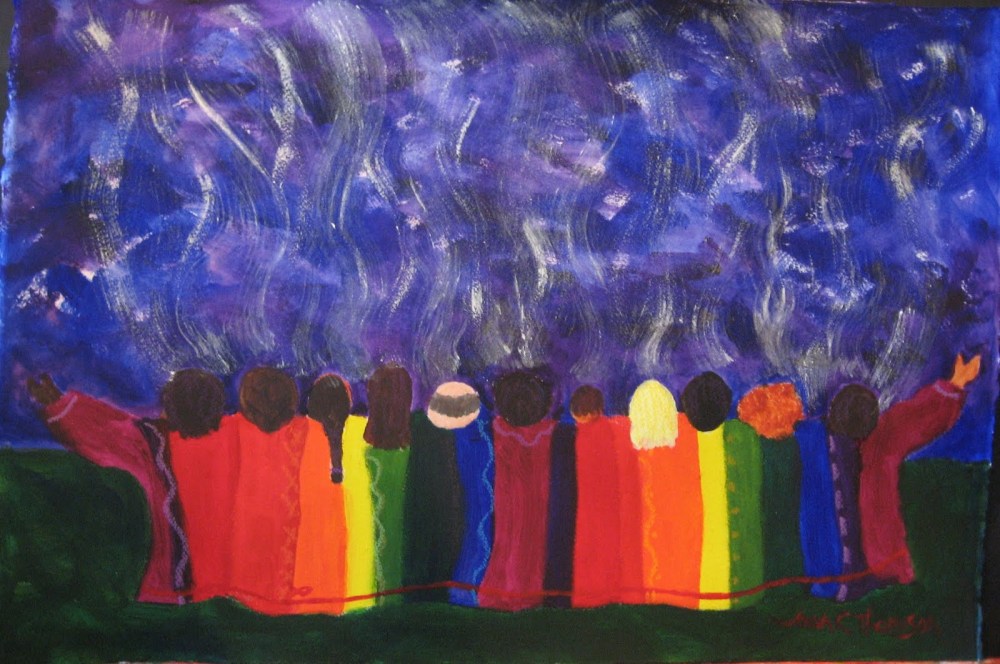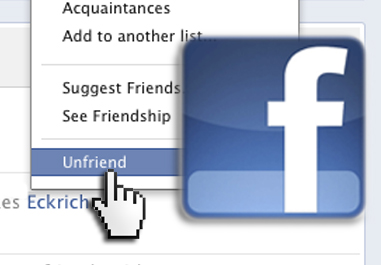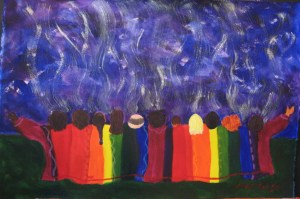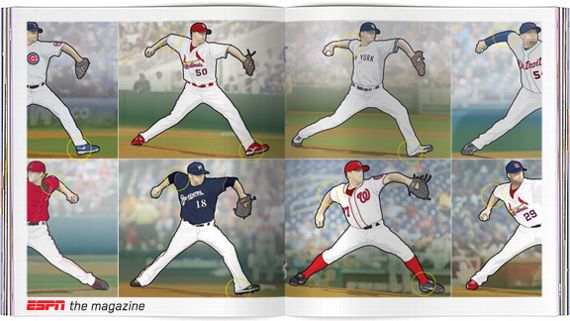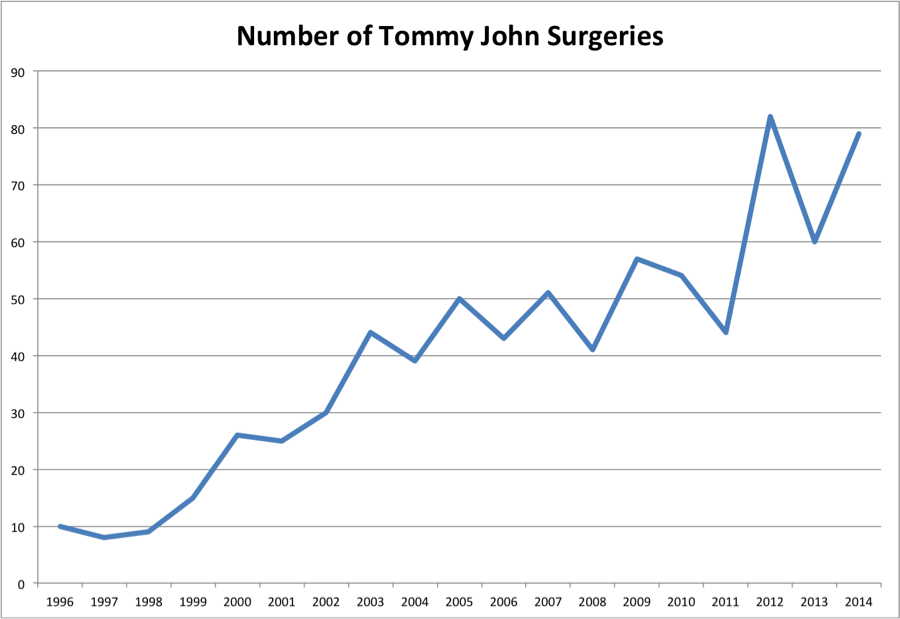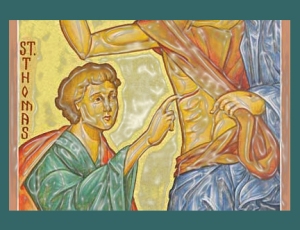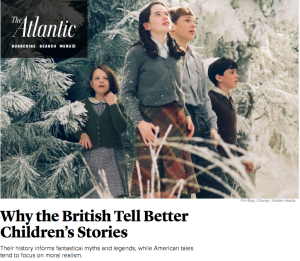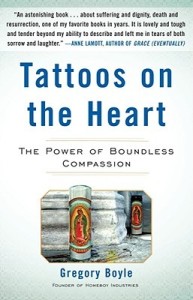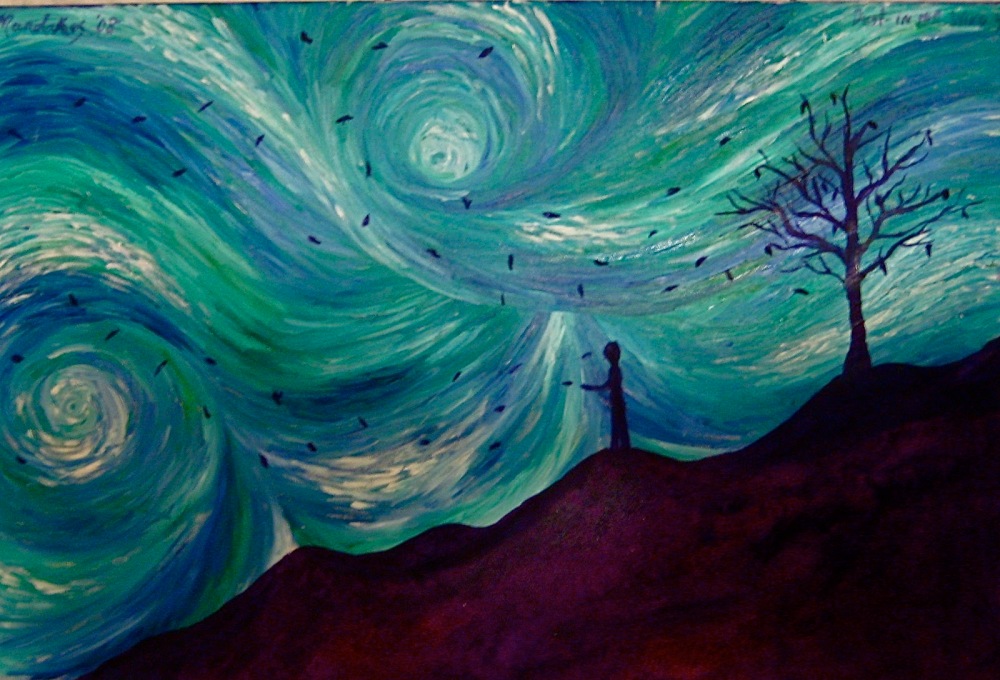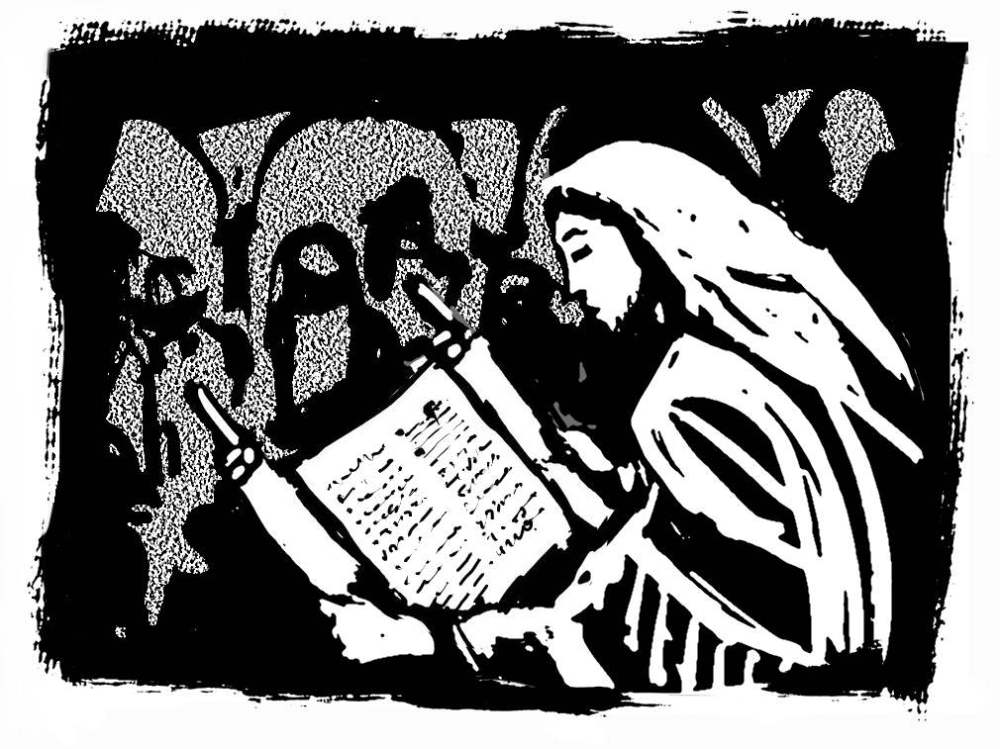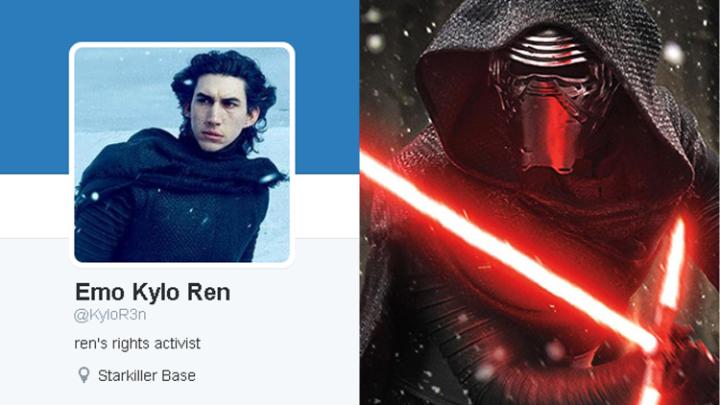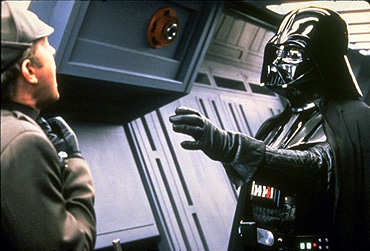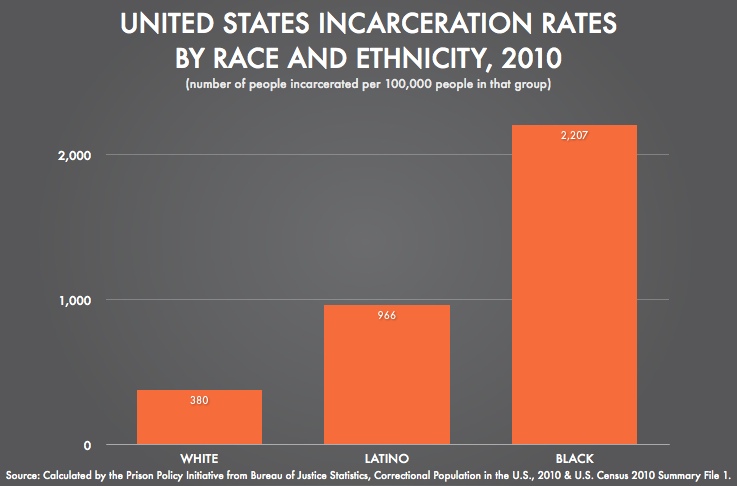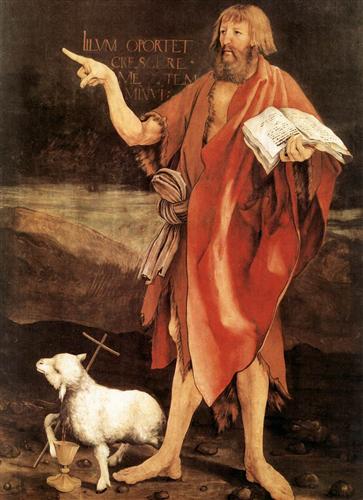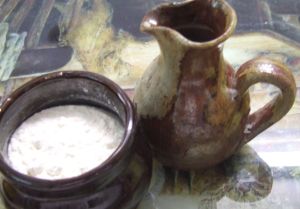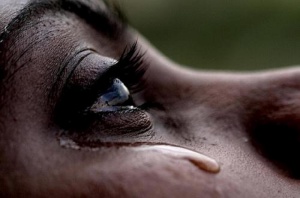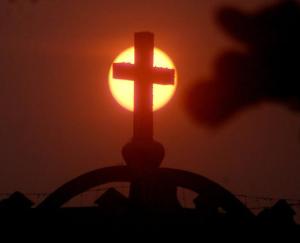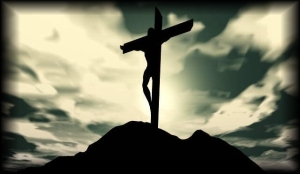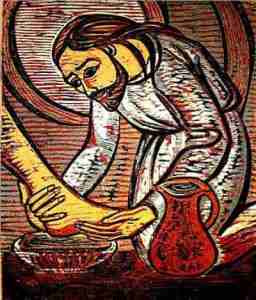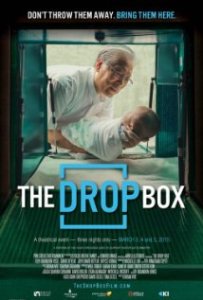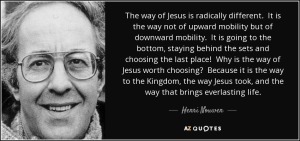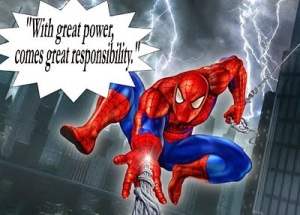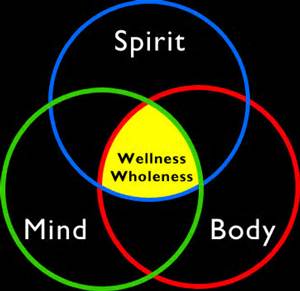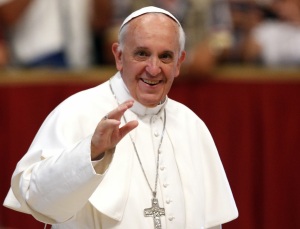“The Valley and the River”
Luke 18:9-14
9He also told this parable to some who trusted in themselves that they were righteous and regarded others with contempt: 10“Two men went up to the temple to pray, one a Pharisee and the other a tax collector. 11The Pharisee, standing by himself, was praying thus, ‘God, I thank you that I am not like other people: thieves, rogues, adulterers, or even like this tax collector. 12I fast twice a week; I give a tenth of all my income.’ 13But the tax collector, standing far off, would not even look up to heaven, but was beating his breast and saying, ‘God, be merciful to me, a sinner!’ 14I tell you, this man went down to his home justified rather than the other; for all who exalt themselves will be humbled, but all who humble themselves will be exalted.”

“The Valley and The River”
Rev. Jeremy Watson
October 23, 2016
Two weeks ago I shared a little bit about my middle and high school years, and about not fitting in so well during those years. But that was not true of the place where I grew up before 7th grade. When I was 5 years old, my family moved to a wonderful place called Boistfort Valley, and lived there until I finished 6th grade. If you were to drive up I 5 about halfway to Seattle, and then go west at the town of Winlock through miles and miles of winding roads, some of them gravel roads, you’d come in the south end of the beautiful Boistfort Valley. It was a great place to grow up. We had a big farm that we rented, 250 acres of field and forest, with a stream meandering through all of it, with 2 bridges along our driveway, which was also a logging road up into the hills.
Our driveway was called Burri Rd., and it was named after Herr Burrie, who was a Swiss immigrant who had homesteaded that land in the late 1800s. Up in those hills we found the foundation of his original homestead, and there was still one wall of the outhouse that was somewhat intact. Closer down to our farm, Herr Burrie built a nicer house, later on, and it was haunted. Absolutely, without a doubt, it was a haunted house. Every window was broken out, somehow :), half the roof was caving in, the stairs were collapsed, and there was a painting of a naked lady that had fallen on the floor by the fireplace. We did not look at that painting for very long, because we never lasted more than 15 seconds in that house before running out, afraid of the ghosts. I loved growing up in that valley and playing Little League baseball and not knowing how small that pond of competition was. I blame that Little League experience as the reason why I still can’t quite accept why I’m not playing shortstop for the Mariners today. It was clear back then that I was headed in that direction.
As much as I loved growing up there, I remember clearly that there was always a sense of lament in the Boisfort Valley. My friends and siblings and I often spoke with a sense of regret about how it had lost its former glory. And there were 3 particular stories that came up often, on the playground or school bus.

The first was the story about Herman Klaber and the Klaber hop yards. This sign sits just off the parking lot of Boistfort Elementary School, and it explains that the valley was the “hops capital of the world” in the early 1900s. The hops that were grown in those fields beyond our playground were sought after all over the country, and even in Europe. Herman Klaber, the patriarch, went on a trip to Europe in 1912 and secured a number of lucrative contracts that would benefit the valley. In celebration, he bought a first-class ticket on a White Star Lines ship on its maiden voyage to New York. That ship was named the Titanic. And I found Herman Klaber’s name in the ship logs that were on display at a traveling Titanic exhibit one time. For some reason, without Herman Klaber’s leadership, the industry died and we always lamented that we were not the hops capital of the world anymore.
The second story I also verified later in life, as these always had a sense of legend about them. In the heyday of hops, the schoolhouses in Boistfort were the first to be organized into a School District. So when the Washington State Legislature decided to build the University of Washington, it was expected to be built where the first school district had been formed, in the Boistfort Valley. Instead, the legislature decided to give the grant to a town named Seattle, further up north. A few years later it was uncovered that illegal bribes had been paid by one of the developers of the town of Seattle, and it was too late to rectify that mistake. Every time the UW Huskies won a big football game, we would lament that it did not happen in the Boistfort Valley, where the University of Washington was supposed to be.
And one final sense of lament smacked us in the face every day as we got off of the school bus. As we got off the bus, we stepped onto the ramp leading into Boistfort High School. But we never went into the high school, because at the top of the ramp were panels of plywood, blocking every door and every window, because that high school had been shuttered in 1976, the year that my classmates and I had been born. We looked at that high school building, bright yellow, 3 stories tall, flanked by 2 massive oak trees, and we wondered what it would be like to have high schoolers all around, with all of the events that come with a high school. Instead, we would step off the ramp to the front of the bus and cross over to the Boistfort Elementary School, a K-8th grade school.
Later in the day, we would get to walk back across the driveway to the gymnasium, which had been built behind the high school. We would run laps at the beginning of PE class, and we would always run off the court at one end, and go through the lobby hallway, with the unused ticket booths on one side and a trophy case filling the other entire wall, full of trophies that said, “Boistfort High School – Valley Champions.” We would see above the trophy case, pictures of every graduated class from Boistfort High. And it filled us with a sense of lament, knowing we would have to leave the valley to attend high school, as we took the lobby hallway back onto the gym floor and completed our laps.
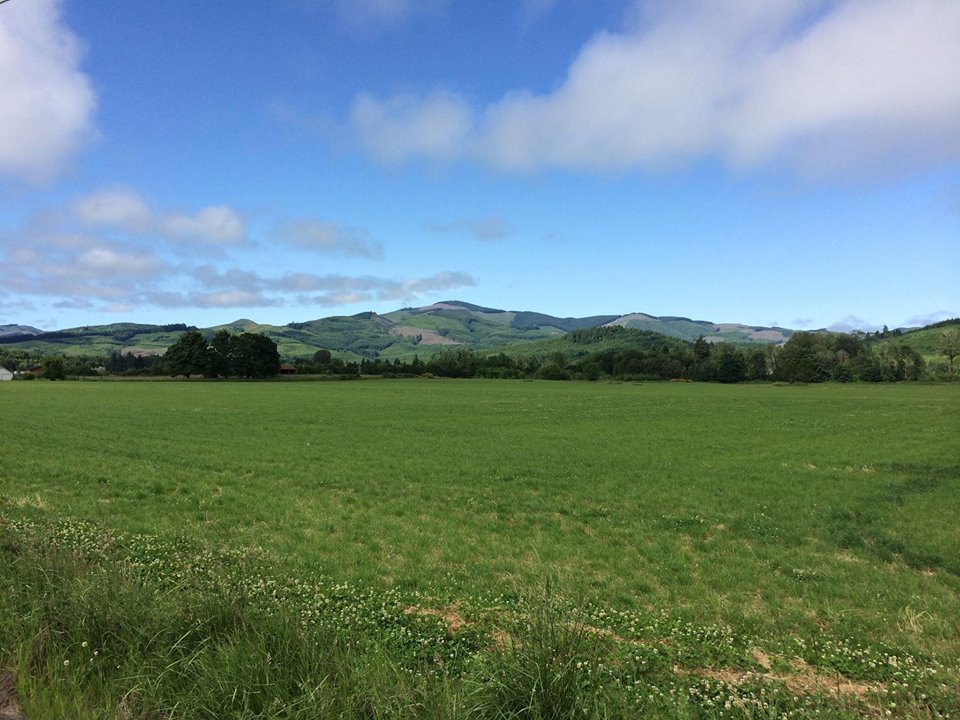
A few months ago, I learned that there is a book called “My River” that was written by a man named Richard Stearns, and it is his memoir about growing up in the Boistfort Valley in the 40s, 50s, and 60s. It turns out that he is the uncle of two of my friends who I went to elementary school with, and their dad, Richard’s brother-in-law, played on my Dad’s slowpitch softball team for all of those years. This memoir is a fascinating story, and it scratched an itch for me, a desire to know what life had been like in my valley in its heyday. I devoured his vignettes of that boisterous time, a thriving community, and life at Boistfort High School, playing baseball for one of those county championship teams.
But his story also displayed the human condition, played out in the small scale of Boistfort Valley. That which gave the valley life, industry, and jobs was also what destroyed it. Let me explain. Richard Stearns loved to fish, from the time he could walk. He fished the streams near his house, and then the South Fork of the Chehalis River, which runs through the heart of the valley. As he grew older, he explored the tributaries of that river, up into the ravines and hills in every direction, all around Baw Faw peak. He was able to explore vast amounts of land, because a train track ran through his family’s farm, and he could stop and jump on the “speeder” trains which were always hauling the logging crews up and down those ravines to the logging camps and the rock quarries that provided the jobs and industry in the valley. His stepfather worked in one of the machine shops, and most working people in the valley worked for the Weyerhauser company, who owned all of that land.
Richard spent his teen years exploring every stream that he could. And as he did this, he watched the clear-cutting of old growth timber creep closer and closer to his favorite fishing spots. He watched the fishing habitats being destroyed by the eroding landscape, filling the streams with mud and clay, erasing the cover of foliage, and altering the levels of water. Large rains would flood the streams and the valley below, without the trees and roots to absorb and regulate the water. Snow would melt faster, which meant that in the summer months the river would slow to levels never seen before, causing great harm to the farmers of the valley.
As both a fisherman and a product of the logging industry, Richard watched the lifeblood of the valley destroy the fish habitats in the creeks and the River. He saw floods destroy farmland in the winter and leave the land parched in the Summer. And as he moved all around the country in his military career, Richard found other rivers to fish, always lamenting the loss of the cutthroat trout of his River in the Boistfort Valley.
Eventually, as I came to know, the industry burned itself out. I knew a lot of loggers in my childhood. Many neighbors and parents of my friends were in the logging industry. But it was a shadow of what it had once been. There were no logging camps or working railroad lines into the hills when I lived there. The old growth timber was disappearing, and environmental regulations were starting to protect what was left.
I remember my 4th grade year, when it became clear that the Northern Spotted Owl was going to be protected under Endangered Species Act, and the logging industry was dealt a massive blow. I remember the t-shirts and hats that were worn throughout the valley, with a picture of a spotted owl in crosshairs. We were taught to hate the spotted owl which had taken away our jobs. “Save a logger, eat an owl,” was our rallying cry. But Richard’s memoir spells out a different story. And when it was published in 2009, the valley had just suffered its second 100-year-flood in a 4 year span, causing great damage. The proceeds of the memoir went to the recovery effort.
The clear lesson of the Boistfort Valley is that which feeds and sustains us can also destroy us. It is a story that is told over and over in every area of our life. We can see this all around us, in every facet of life, especially within the many advances of society.
We build roads and bridges, houses and factories to sustain our life and production. We use cars and trucks and trains and boats, fed by fossil fuels, to move around and to live. And we watch the irreparable harm that comes to the environment and contributes to climate change.
Food production in America is able to feed us for a lower percentage of our time and income than ever before in world history. Yet, when we care to look, we recognize that this is done on the backs of migrant labor, massive feed lots and large scale production of corn, soy, and wheat. When we stop to look, we realize that we are filling our land with pesticides and our livestock with antibiotics, and our bodies full of affordable, but empty calories, and our kids with high-fructose corn syrup and diabetes. Though we make efforts to combat this, like the Community Supported Agriculture efforts played out on our church patio. We know that which feeds and sustains us also destroys us.
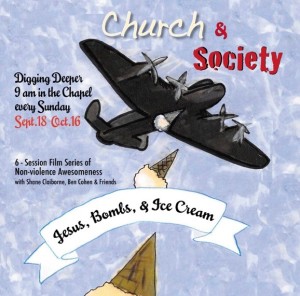
In the 9 AM class for the past 5 weeks, called “Jesus, Bombs, and Ice Cream” we’ve been looking at one more example of this. We’ve been studying violence and war, peace and security. That which protects us and provides our freedom, that which gives us the security to live this life, that also threatens us, first in losing our moral compass and second, with retribution from those who have received our violence, whether direct or as collateral damage.
In that class, we’ve wrestled with our national response to 9/11 and the cycles of violence that have been perpetuated. And we’ve looked into ourselves for the sources of that violence. We’ve seen that our national security practices are played out in smaller ways on our childhood playgrounds and neighborhood conflicts, in every place where the powerful take from the powerless, whether in the business world or the political arena. That which gives safety and security to me and my family often takes from someone else.
And so we are left with today’s Bible story, from Luke, Chapter 18. This is a story about 2 people. One, the Pharisee, follows all the rules and is righteous, but is also self-righteous. He has disdain for the other person. The other, a tax collector, does not follow the rules and is unrighteous, but lives in humility. He does not judge others and seeks the grace of God. The lesson seems simple. Don’t be like the first guy, be like the 2nd guy.
But is that really what we want? Shouldn’t we respect those who follow the religious customs, those who give their tithe? Giving 10 percent of one’s income is hard! And honorable! Pharisees get a bad rap sometimes. Shouldn’t our goal be to observe the religious rituals and habits that shape a moral life, like the first guy? And shouldn’t we be concerned that the second guy, the hero of the story, is a tax collector who betrays his own people for profit? Those are good questions.
I think the deeper message in this story is about one’s posture toward God. The first guy is focused on himself, and that ruins everything else. It causes his acts of worship to be misdirected. Even his moral acts lead him the wrong way. He works hard to do right and becomes self-righteous because of that, hateful of those who are different from him. The second guy does not work hard, at least in the moral sense. But he recognizes his complicity in the brokenness of our world. He recognizes our dependence on God. The second man realizes what we’ve been talking about today. That we are complicit and involved in the brokenness. That which sustains us also destroys us. It is part of who we are. It is the human condition.
Perhaps the lesson is that both of these guys offer us good and bad. The Pharisee and the tax collector are both good and bad, broken and capable of healing our world. And so are we. We should seek to do good, like the first guy. And we should seek to live with humility, like the second guy.
As we finish this series on Church and Society, this has a lot to say to us. We can, and should, critique and question and work against destructive forces in our society. We should believe in our potential for healing the brokenness of our world. And we should do all of it with the humility, like the second man, recognizing how much we are always complicit in brokenness.
Yet the most important lesson from this passage is that we need help. We need to recognize our need for God to enter into the human condition, for that is the only solution.
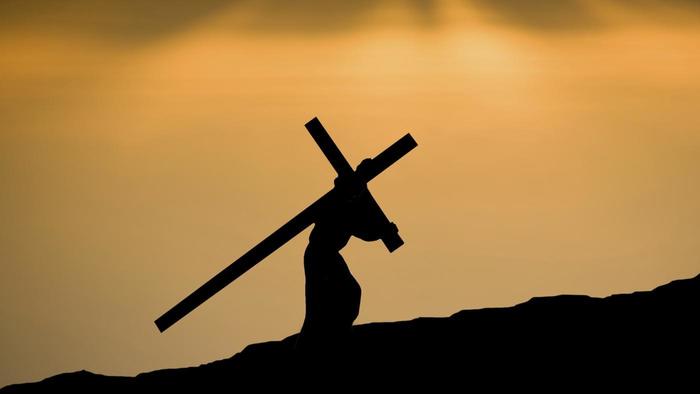
The one thing that we are pointed to in this story, by both people, and echoed in the class, is that we must look toward God made flesh in Jesus Christ. It is in looking at Jesus that we are given the courage and the creativity to respond to our brokenness. We are given the courage to respond to violence with non-violence, to respond to selfishness with sacrifice. As Brian Doyle said so well when he visited us, “violence is a failure of imagination.” Jesus shows us that a non-violent response is not the same as being a doormat. Sacrificing one’s self is the strongest and the most difficult and the most creative response, and it is the only response that can turn violence into peace. It is the only response that can turn injustice into justice.
Jesus shows us the way to recognize our ability to work for peace, to work for justice in all ways, to recognize that giving freely and making ourselves vulnerable is the only way to respond to the human condition. God-in-the-flesh shows us how to be in this society, to recognize our complicity, to live with humility, and to respond in a sacrificial, inspired way.
In this difficult, joyful work for peace and justice in every area that we have explored today, and beyond, I have found this Prayer by “Sweet Honey in the Rock” to be helpful. This prayer, that Hannah is going to lead and invite us to join in, is a path for us to live with humility and to seek God in the midst of it all.
Let us pray.
Click Here for a video of this prayer.







